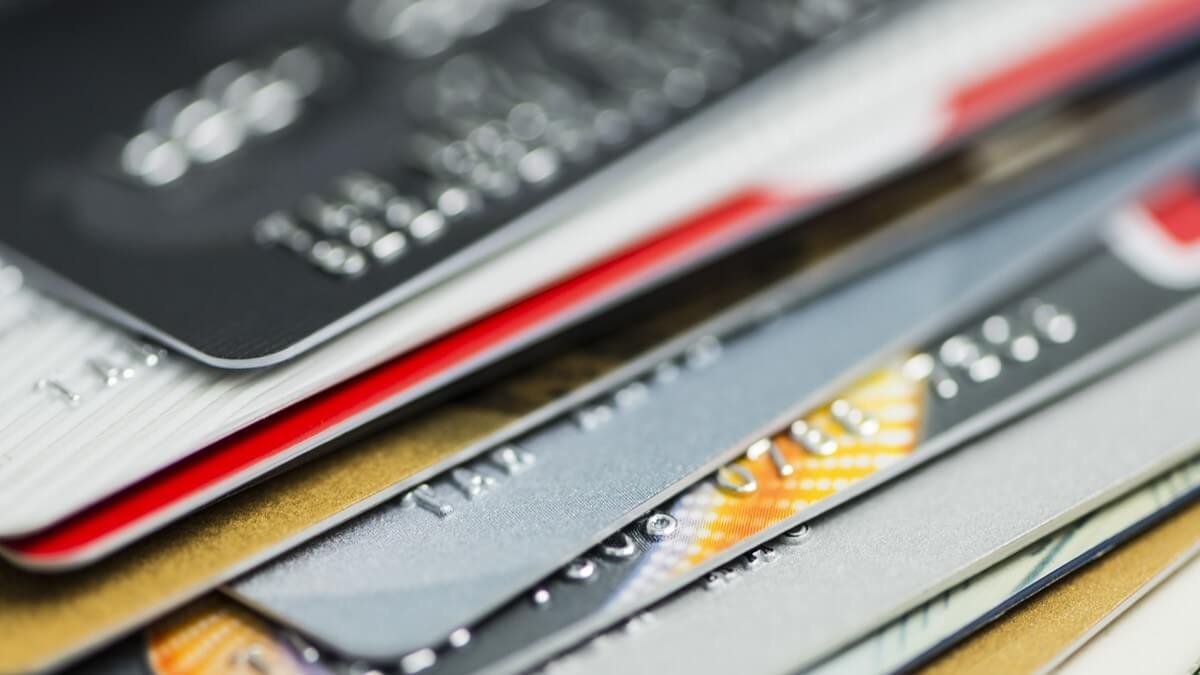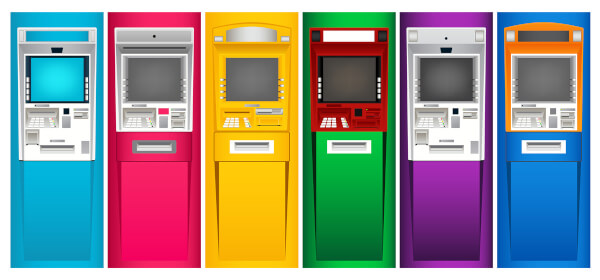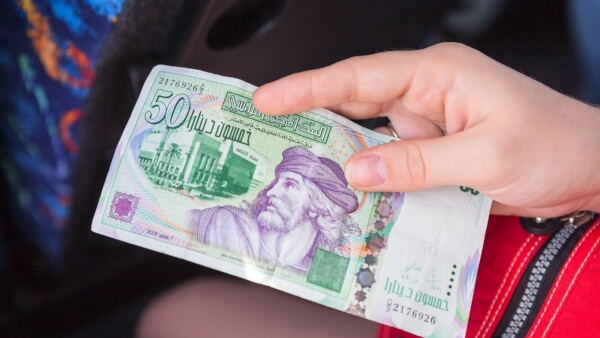Hays travel card review: features, fees and more
Read our Hays travel card review, covering exchange rates, limits, fees and benefits.

Travelling abroad from the UK? Using a credit or debit card can be a convenient way to spend and to withdraw foreign currency from an ATM while overseas. It’s also many people’s first choice when it comes to shopping online, anywhere in the world.
However, if you’re using your card to complete an international transaction, it can sometimes be difficult to work out exactly how much your purchase will cost you.
As well as any ATM, merchant or bank fees, you also need to consider what exchange rate will be used to convert your money from GBP to the local currency. If the rate is poor, it could eat into your travel spending money.
In this guide, we’ll focus on Mastercard debit and credit cards, and what exchange rate they use for non-GBP transactions. This includes when the exchange rate applies, and any other fees or charges you need to know about.
You can find out the Mastercard exchange rate, for either a transaction you’re making today or one you’ve made in the past, using the Mastercard currency conversion calculator.
To use it, you’ll need the following information:1
Type in all the details, and the calculator will tell you the cost of the transaction in the currency of your card.
There are a few things you should be aware of though, when you run this calculation. Mastercard warns users that the costs are indicative, and could vary if your bank adds any additional fees, for example.
The small print also explains that the exchange rate used could have changed between the time you place your transaction, and the time it’s processed:
“Currency conversion rates are specific to the date and time your bank authorizes the transaction (which generally occurs at the point of sale/interaction). If Mastercard is unable to apply the currency conversion rate at authorization, Mastercard will apply the currency conversion rate at the date and time the transaction is processed.”1
What’s important is to be able to compare the exchange rate used by Mastercard, and the interbank rate - commonly called the mid-market exchange rate. This should be your benchmark to make sure the Mastercard rate is fair. More on that in a moment.
You’ll also need to know if your bank adds a percentage fee for using your Mastercard abroad. This should be set out in your account terms and conditions, or in the fees and charges section on your online banking.
So, what is the mid-market rate? In short, it’s mid-point between what banks buy and sell currency for. It’s what banks use to sell currency to each other on major global financial markets.
Unfortunately for customers, many banks and money transfer services don’t use the mid-market rate when carrying out currency conversions. Instead, it’s common practice to apply a margin or mark-up on top of the mid-market rate. .
Often, this allows them to claim that they offer fee-free or zero commission currency conversions. It sounds like a bargain, but actually their profit is rolled into the marked up exchange rate. As a customer, you’re unable to see clearly what you’re being charged - and often this means you get a poor deal.
The mid-market rate moves up and down depending on a number of factors. However, it’s easy enough to find the rate for the day, or a historical rate - just use an online exchange rate alert tool or live currency converter app, such as those offered by Wise.
You can then compare the rate your card provider, bank or money transfer service is offering you with the mid-market exchange rate, to check if it’s fair, transparent - or if it’s something you’re willing to accept.
Join Wise for
transparent fees 🪟
Sometimes, when you use your Mastercard in an ATM when you’re abroad, or to buy goods or services overseas, the exchange rate used might not be the one that Mastercard sets.
Here’s how Mastercard explains it:
“If your transaction is converted by the merchant or ATM operator, Mastercard currency conversion rates will not apply. This will usually occur when you select to pay in your card's currency as opposed to the currency of the merchant or ATM.”1
This is because of something known as dynamic currency conversion (or DCC for short).
You might have already come across DCC if you travel regularly. It’s where you’re asked if you’d like to pay for your transaction in your home currency instead of the local currency wherever in the world you are. Banks say that this is a handy service, because you can instantly see the costs in your home currency. However, DCC can leave you exposed to hidden fees and unnecessary costs.
This is because it’s the ATM provider, merchant, or an intermediary bank which decides the exchange rate which is used, if you choose DCC.
Unlike Mastercard, they have no reason to try to keep you happy. You’re not their customer, after all. So they’re likely to mark up the exchange rate used, to give them a profit on the transaction. You don’t get to check the rate applied because you only ever see the cost in your home currency - and that can mean that you’re getting a pretty raw deal.
So the golden rule is - always choose to be charged in the local currency, then you know you’ll get Mastercard’s exchange rate.
Some banks charge foreign currency transaction fees (often known as ‘non-Sterling transaction fees’) when you use your card abroad, whether it’s spending on goods and services or withdrawing cash from an ATM. Thankfully though, these are becoming less common.
The fees can vary between banks and accounts, and can either be a fixed charge or a percentage cost of the transaction. The latter in particular can make them pretty pricey.
So before you travel, make sure to check over the terms and conditions on your specific bank account. They’re usually published online, and the highlights are often included on the back of account statements.
Another potential cost to watch out for is ATM fees, as operators sometimes charge access or transaction fees.
While banks and money transfer providers often give you a bad exchange rate to make extra profits, there are alternatives.
Wise, for example, is different. Its smart technology skips hefty international transfer and currency conversion fees by connecting local bank accounts all around the world. This means you can send, spend, convert and receive money in multiple currencies for low fees*, and you’re guaranteed mid-market exchange rates with no mark-ups.
Open a Wise account online and you can manage your money in 40+ currencies all in one place.
You can even get a Wise card for a one-time fee of just £7, which will let you spend like a local all over the world - without ever getting stung by unexpected foreign transaction fees*.
Find out more about how Wise works here.
After reading this, you should have a better idea of how to check Mastercard’s exchange rate while you’re travelling. And how to avoid unnecessary fees by avoiding Dynamic Currency Conversion (DCC) and choosing to be charged in the local currency.
So, you should be all set to spend and withdraw cash abroad with confidence, knowing exactly what you’ll be charged.
Sources used:
1. Mastercard - Mastercard currency converter calculator
Sources last checked on date: 09-Dec-2024
*Please see terms of use and product availability for your region or visit Wise fees and pricing for the most up to date pricing and fee information.
This publication is provided for general information purposes and does not constitute legal, tax or other professional advice from Wise Payments Limited or its subsidiaries and its affiliates, and it is not intended as a substitute for obtaining advice from a financial advisor or any other professional.
We make no representations, warranties or guarantees, whether expressed or implied, that the content in the publication is accurate, complete or up to date.

Read our Hays travel card review, covering exchange rates, limits, fees and benefits.

Read our TUI travel card review, covering exchange rates, limits, fees and benefits.

Read our guide on ATMs abroad including networks, locations and tips on how to avoid ATM fees abroad.

If you’re a Barclays customer, have a Barclaycard or hold a Barclays debit card, get familiar with fees and how to use your card abroad in our article.

What is the best currency to take to Cape Verde? Read our guide on currency in Cape Verde, accepted payment methods and more.

What is the best currency to take to Tunisia? Read our guide on currency in Tunisia, accepted payment methods and more.